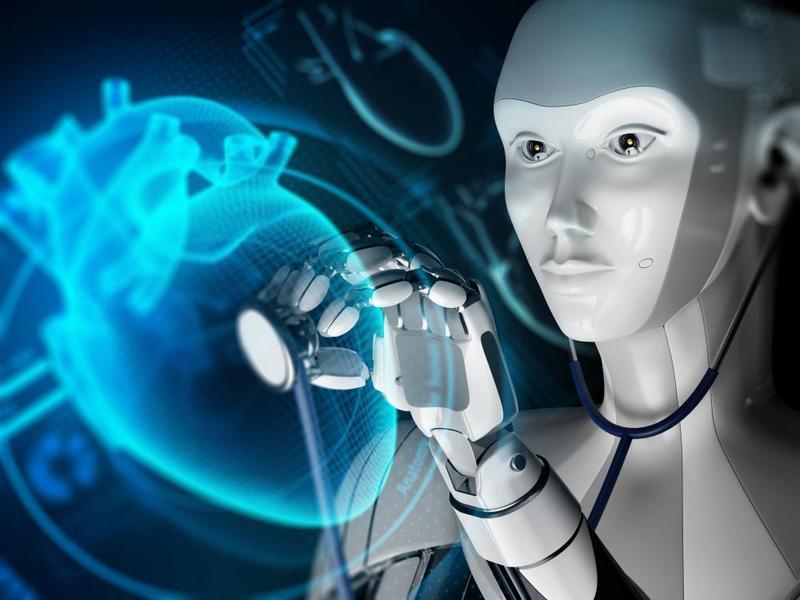Artificial Intelligence and Medicine – Where is the line?
Artificial Intelligence and Medicine – Where is the line?

We all know that medicine today differs from what it was a hundred years ago. We have expanded our knowledge on why we get various diseases and how to treat them. Is there still room for progress? Absolutely! We still question some of the treatments we use, there are still conditions that doctors are unsure about, patients still suffer.
Even though the progress in medicine is undoubtfully incredible, some things remain the same as they were a hundred years ago: your physician is probably using a stethoscope for examination, and your blood pressure is probably still measured with a cuff.
Entrepreneurs, developers, scientists – a lot of them are saying that things do need to change. Instead of doctors that we know today, there will be intelligent algorithms appearing hungry for data like Google’s AlphaGo. To replace the practice of medicine with the science of medicine, we need to hand in the expertise to the machines because humans are not capable of handling so much of health data that is constantly generated by the latest technologies.
Imagine that there are more health data point than there are stars in the universe. Being so hard to even imagine, it is absolutely impossible to be handled by a human.
According to Khosla, an American technologist, more deaths occur in the US due to misdiagnosis, ICU error or fatal drug interactions than due to car accidents.
All of these reasons are due to human error.
The problem used to be the lack of information so people had to rely on practice, personal experience and even intuition.
Today, the challenge is that we have too much information. Imagine that a doctor can examine a patient and compare that patient to the last few patients they had with a similar condition. Or, they can compare that patient with a database of hundreds millions of patients that had the same disease before. No human being can handle such a massive amount of data. Most of what we are looking for in a doctor today (like getting the diagnosis and prescription from our local Dr. House) will soon go to machines. That, in turn, will affect patient-doctor relationship. In fact, genuine relationship with the doctor is what many patients are looking for. When doctors don’t have to analyse piles of medical documents and books, they can focus on comforting patients and building a trusting relationship with them
According to the statistics, on average, a patient has seven major conditions. Since there are specialists for everything in the medicine, that patient has to go to seven different doctors and tell them about the problem.
What the doctors get is incomplete information and thus a thoroughly informed diagnosis simply can’t be made. With artificial intelligence, it would be possible for it to look at all of the conditions and then have one doctor talk to the patient. At this point, the most important in the doctor would be their bedside manner and instead of high IQ, there will be a need for EQ, or emotional intelligence.
Be the first to post a message!